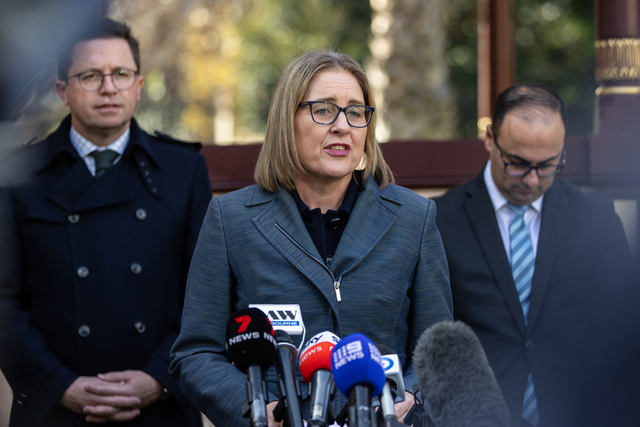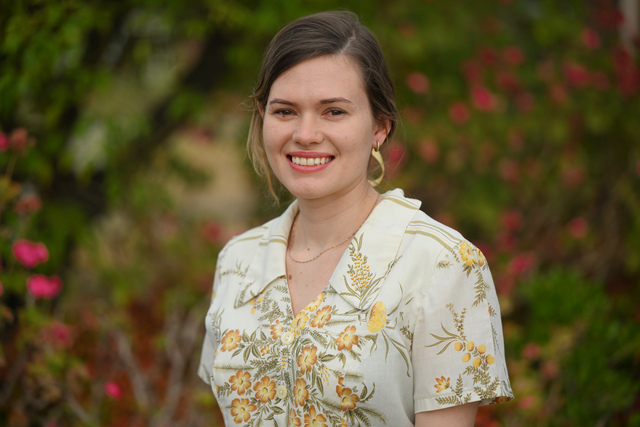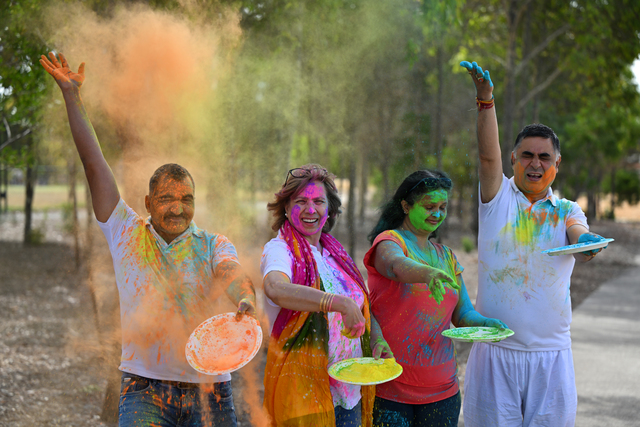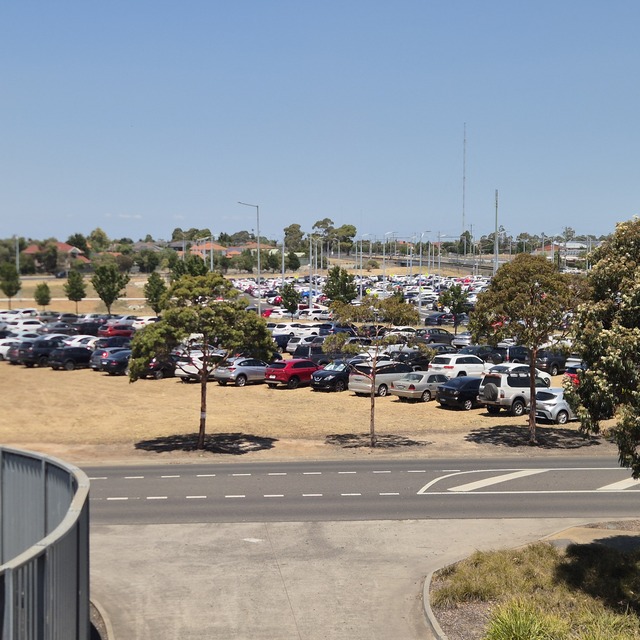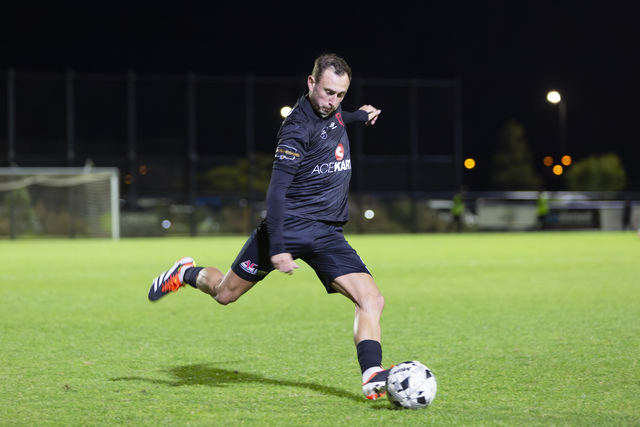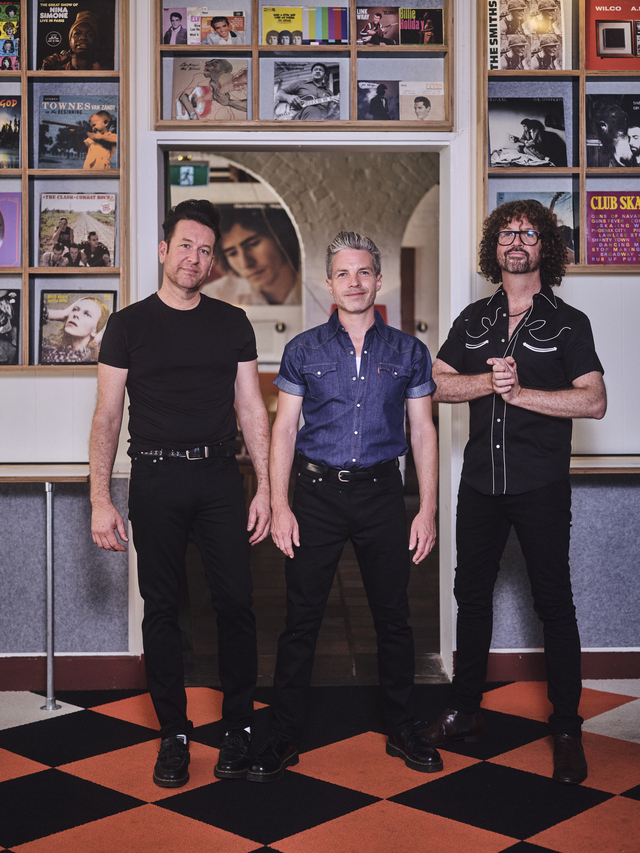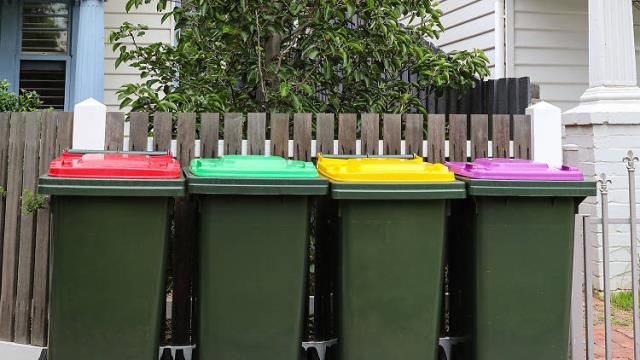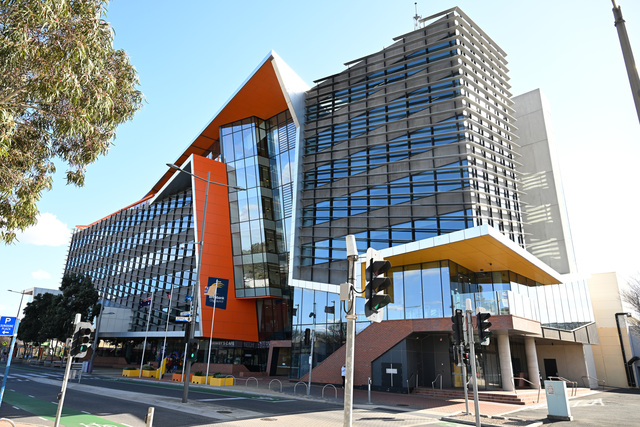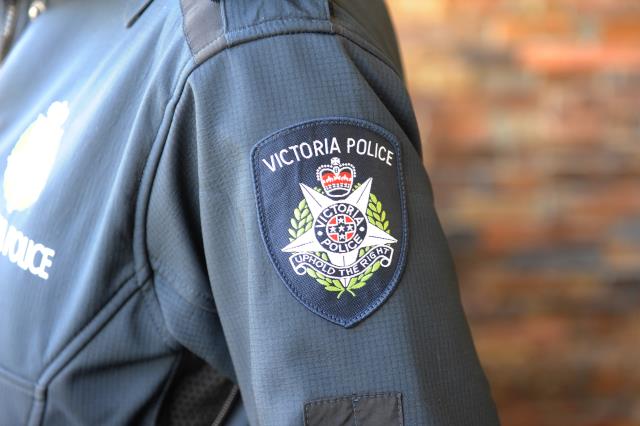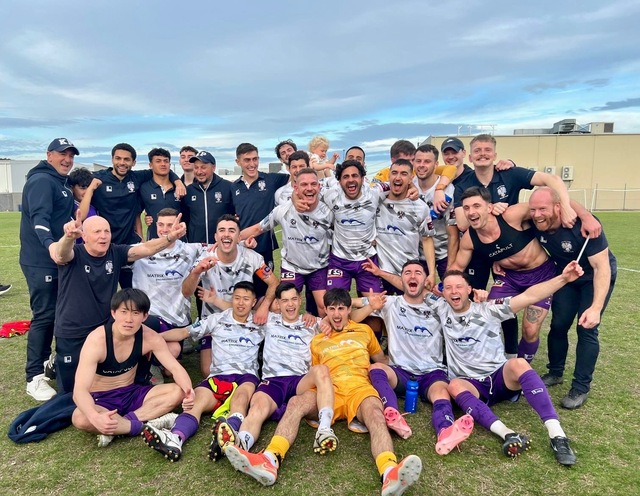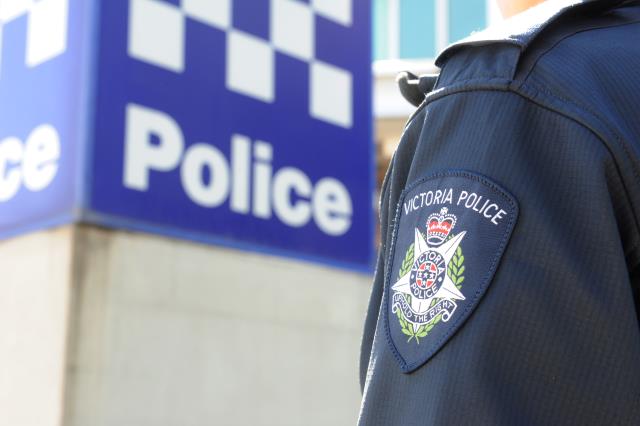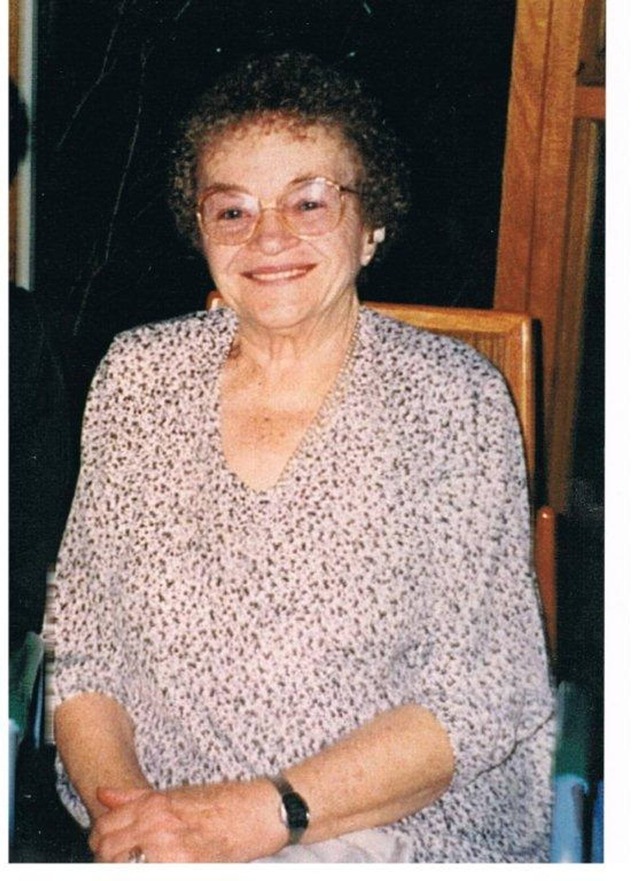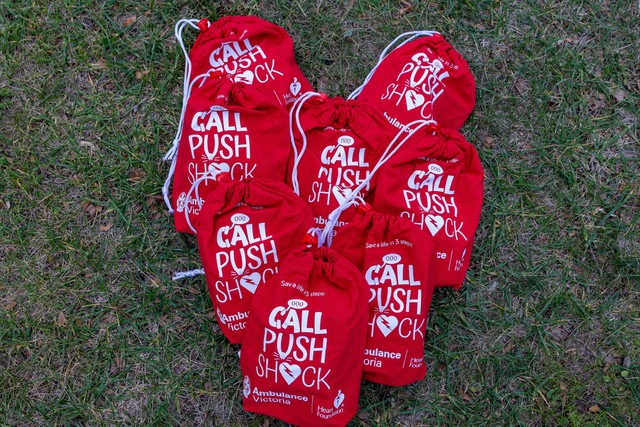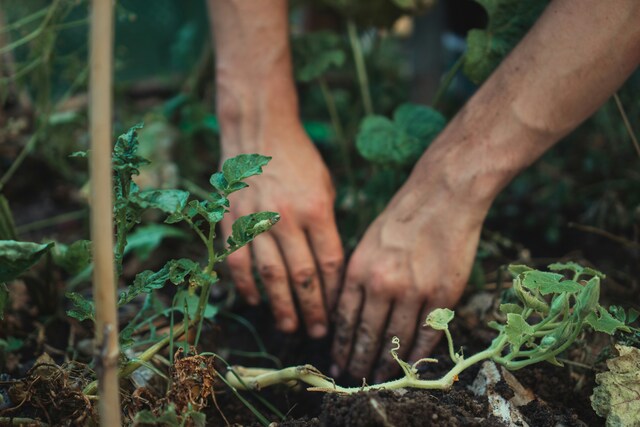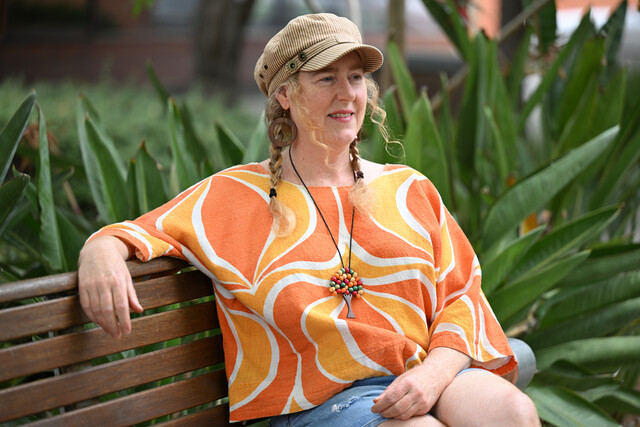Pill testing – also known as drug checking – will be trialled in Victoria from this summer.
Premier Jacinta Allan and Minister for Mental Health Ingrid Stitt said the trial will run for up to 18 months and include mobile and fixed site services.
According to the state government, Victoria has recorded a rise in drug-related emergency department admissions and 46 overdose deaths in 2022 involving novel synthetic drugs.
Victorian paramedics responded to more drug overdoses at festivals in the first three months of this year than during all last year, the government said.
The government said the trial would test different models of delivery, not whether the service should exist long-term.
The mobile service is set to begin this summer at the start of the festival season and will attend up to 10 music festivals and events throughout the trial period.
A fixed site will also open in mid-2025 – delivered in partnership with a community or tertiary health provider, operating with targeted hours, and located in an inner Melbourne area close to nightlife and transport.
The drug checking technology available at these services will be able to test the make-up of most pills, capsules, powders, crystals, or liquids, and will identify harmful chemicals that can lead to death, the government said, trained peer workers and technical experts will be present during testing to provide personalised and confidential health information to help people make better, safer and more informed decisions.
“This is about saving lives,” Ms Allan said.
“Soon enough my own kids will be heading off to music festivals and parties with their mates, and like all parents, sometimes I catch myself thinking … what if the worst happens? What if they don’t come home?
“I don’t condone drugs, but if a young person gets handed a pill at a festival, they need someone to tell them exactly what it is and exactly what it does, without telling them that it’s safe.”
Ms Stitt said honest, open and health-focused conversations and advice was key to reducing drug harm and helping people make safer, more informed decisions.
“No drug is safe, but if people choose to take them, they deserve to know what’s in it and have the experts tell them how to stay safer – and that’s what this trial is all about,” she said.

